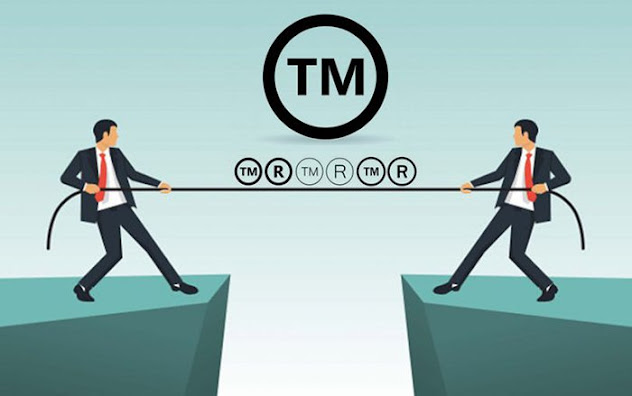Deposits

INTRODUCTION: While incorporating a company, a businessman is always fumbled with a question that what are the dif f erent ways in which company a can raise the fund. Generally, a company is formed with a purpose of expansion and expansion usually needs one basic step of raising fund. The companies act and its rules does not allow a company to raise funds from any random way rather it needs a thorough understanding of statutory requirements while getting funds in company. One should be aware of the fundamental rules regarding the ways in which company can raise funds. Thus, here in this blog we will throw a light upon those ways from where a company can avail funds for its operations and expansions. Generally, a PRIVATE LIITED COMPANY as defined in Section 2(68) of companies act, 2013 is prohibited to accept deposits from public. Thus, a private limited company cannot raise funds from public at large through deposits unlike the public company. So now, the basic questi...



